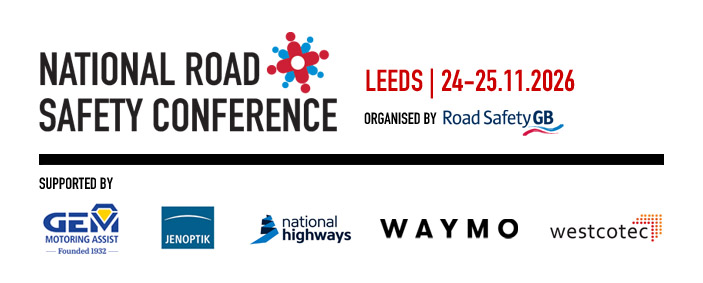The validation of CGI Hazard Perception Testing clips with inexperienced and experienced drivers
The Hazard Perception test is a demonstration of how research can lead to effective policy in road safety in Great Britain. In the 1980s and 1990s research at TRL and at several universities established that learner and novice drivers lack the ability of more experienced drivers in 'reading the road' and anticipating potential hazards. It also demonstrated that this skill – termed ‘hazard perception’ – could be reliably tested using video-based materials.
The early test clips were shown to discriminate between high- and low-risk driver groups. Learner and novice drivers scored lower on the tests than experienced drivers, and those who scored higher on the tests were less likely to be involved in road collisions. The Video Hazard Perception test, introduced into the licensing process in November 2002 in Great Britain, has subsequently been linked to improvements in novice driver safety.
In 2015, the original video-based clips in the test were replaced, like for like, with modern high quality CGI equivalents. This was done to enable updates in appearance and on the basis that, by copying the video-based clips, the concurrent validity of the test (its ability to discriminate high- and low-risk driver groups) would remain. This project updated the concurrent validity data by showing 19 CGI clips from the bank of clips used by DVSA to learner drivers, and to those with over 10 years of driving experience.
This presentation will outline the findings from the study and discuss implications for the future development and improvement of hazard perception testing.
 Jill Weekley, Principal Evaluation Consultant, TRL
Jill Weekley, Principal Evaluation Consultant, TRL
Jill Weekley is a Principal Evaluation Consultant at TRL with 20 years’ experience working in transport. During her time at TRL she has led projects in a range of areas, most recently focusing on driver behaviour and the evaluation of behaviour change interventions in different contexts, such as driver training and licensing, new technologies and interactions with other road users and road infrastructure - with the aim of improved road safety.
She has significant experience in the management and delivery of large-scale impact evaluations, leading both Driver2020 – a nationwide randomised controlled trial involving 28,000 young and novice drivers – and several evaluations of the national behaviour change courses for driving offences.
 Helen Luker, Head of Theory Test Content & Policy, DVSA
Helen Luker, Head of Theory Test Content & Policy, DVSA
Helen Luker has worked for DVSA for over 20 years and currently leads the team that creates the UK’s driving theory tests.
She also chairs the Theory Test Advisory Group in CIECA, the International Commission for Driver Testing. She’s interested in accessibility of language, equity in testing and evidence-based policy.
